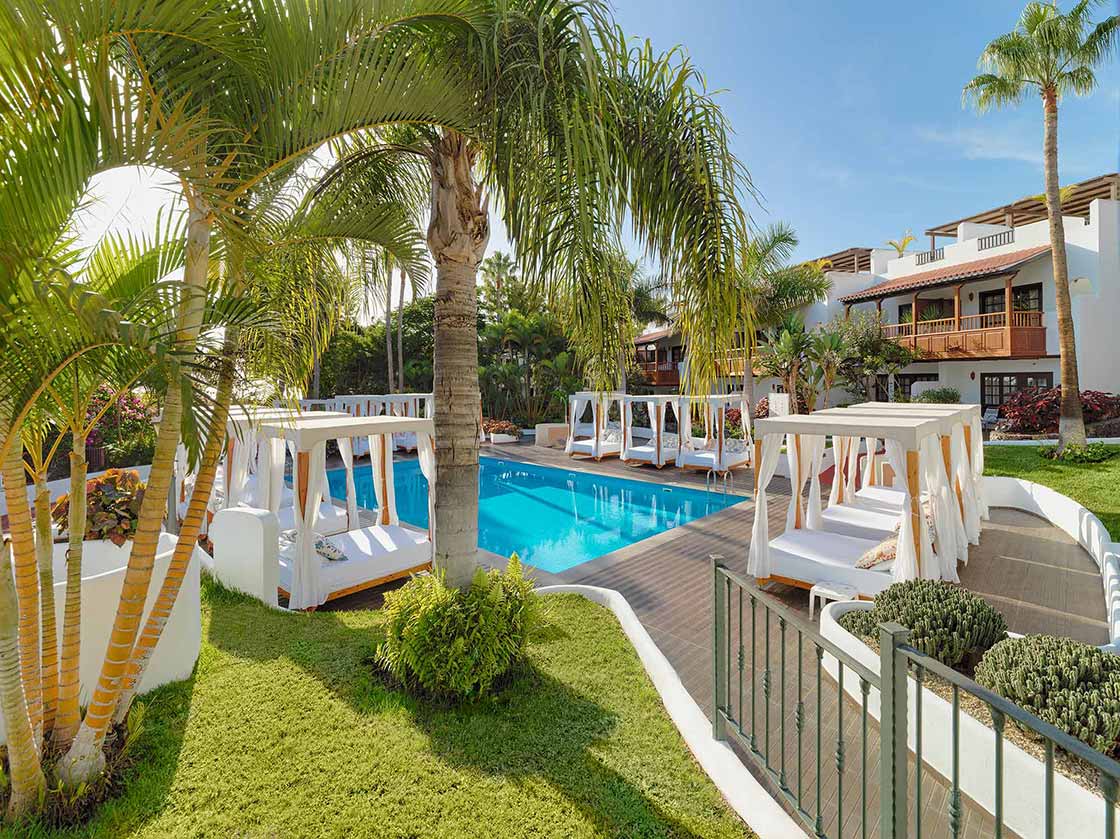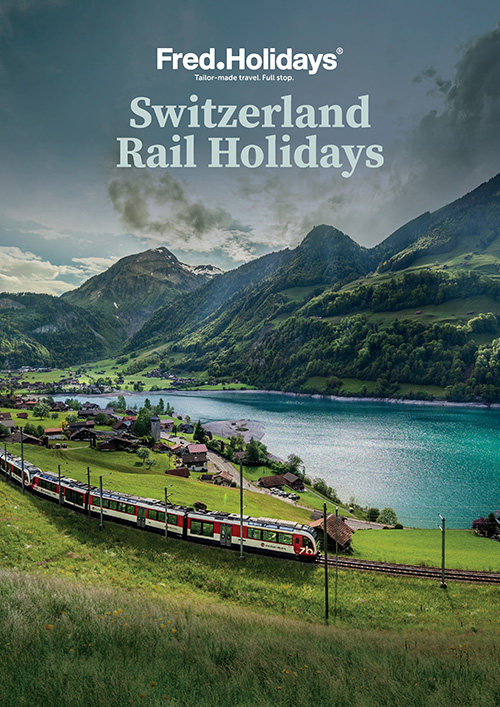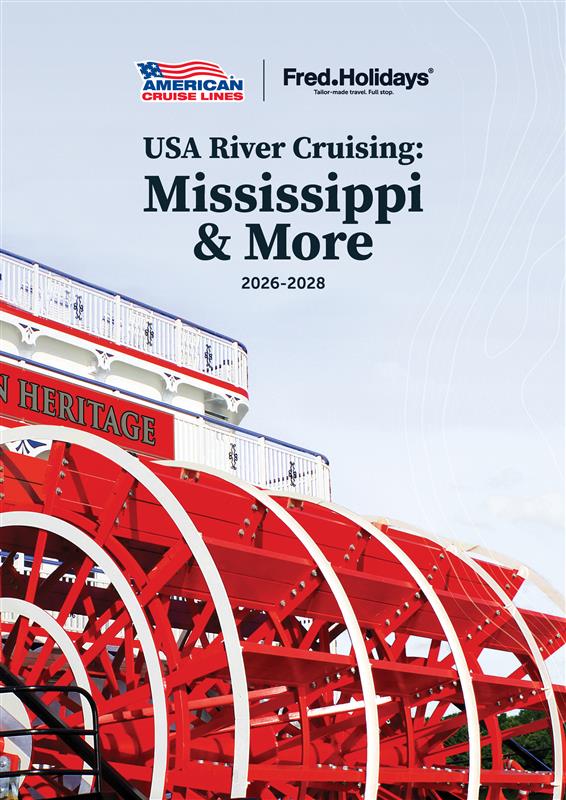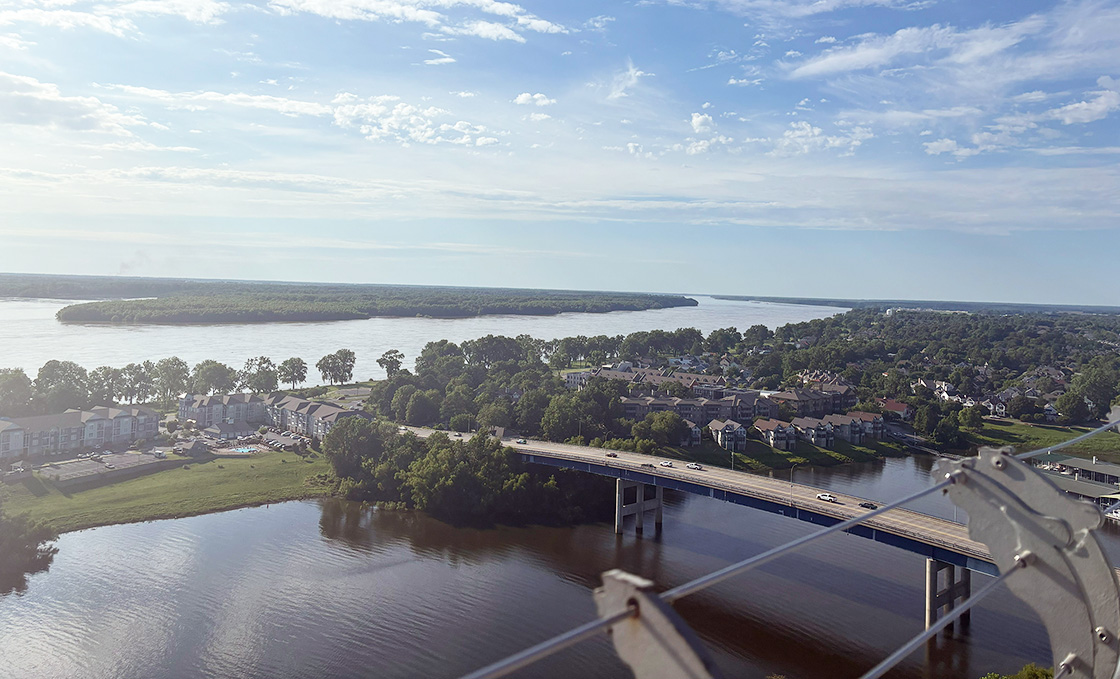For centuries, visitors have flocked to Italy to discover the architectural, artistic and scenic splendours. It is a cultural centre of the world and offers the ancient and the modern presented side by side. Stunning countryside, cosmopolitan cities, a fashion mecca...no two visits to Italy will be the same and this beautiful country will leave visitors yearning to discover more.
As well as trips to Milan and other iconic cities such as Rome, Florence and Venice, our holidays in Italy also include itineraries in the scenic location of Lake Garda and Lake Como.
Why not combine your visit to Rome with a Mediterranean cruise? We have cruises departing from Civitavecchia, Venice and many other Italian ports.

Read more
Important Notice: Introduction of the EU Schengen Entry/Exit System
Please be advised that, effective from 12th October 2025, a new Entry/Exit System (EES) will be implemented for all travellers entering and exiting the EU and Schengen Area.
This digital system will replace the current manual passport stamping process by electronically recording border crossings for UK nationals and other non-EU travellers.
At this time, no action is required from travellers prior to their journey. We recommend reviewing the official government guidance to understand how this may affect your travel arrangements.
For comprehensive information, please visit the official UK Government website:
https://www.gov.uk/guidance/eu-entryexit-system
Important Notice: Introduction of the EU Schengen Entry/Exit System
Please be advised that, effective from 12th October 2025, a new Entry/Exit System (EES) will be implemented for all travellers entering and exiting the EU and Schengen Area.
This digital system will replace the current manual passport stamping process by electronically recording border crossings for UK nationals and other non-EU travellers.
At this time, no action is required from travellers prior to their journey. We recommend reviewing the official government guidance to understand how this may affect your travel arrangements.
For comprehensive information, please visit the official UK Government website:
https://www.gov.uk/guidance/eu-entryexit-system





























































































































































